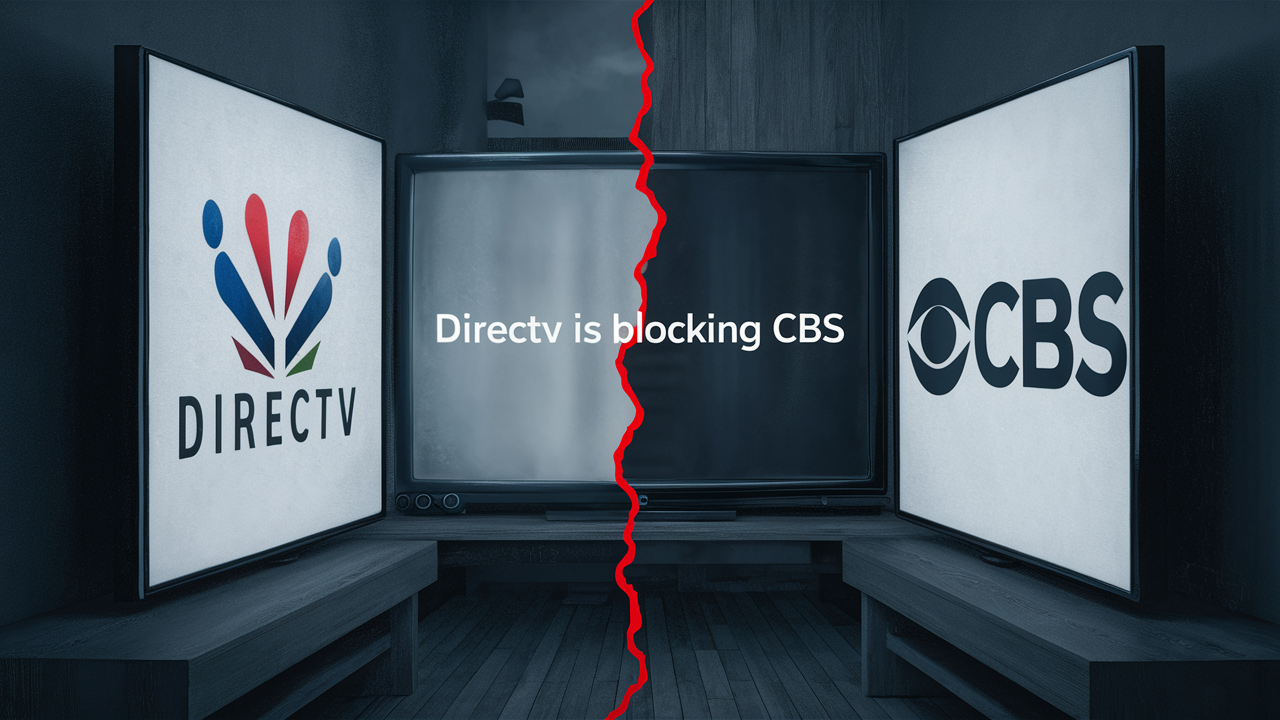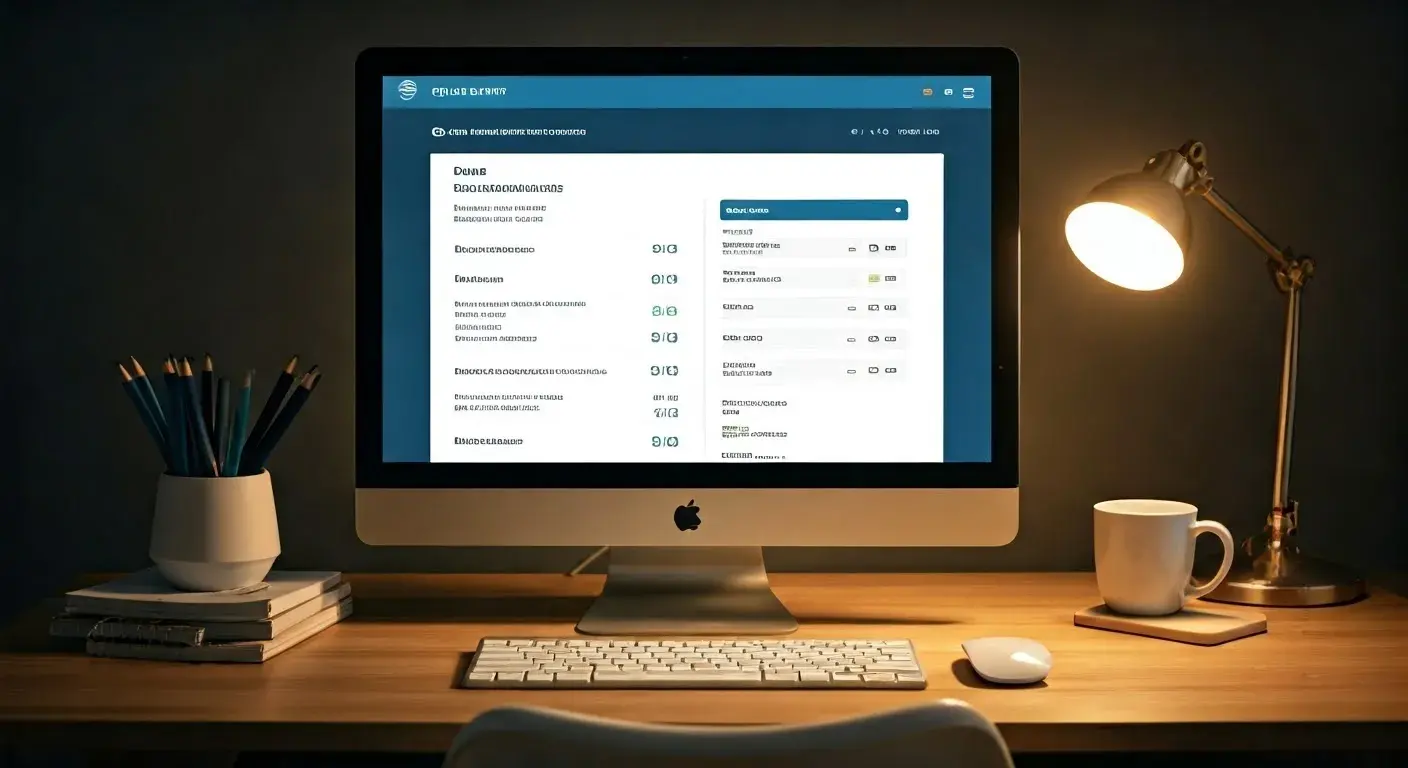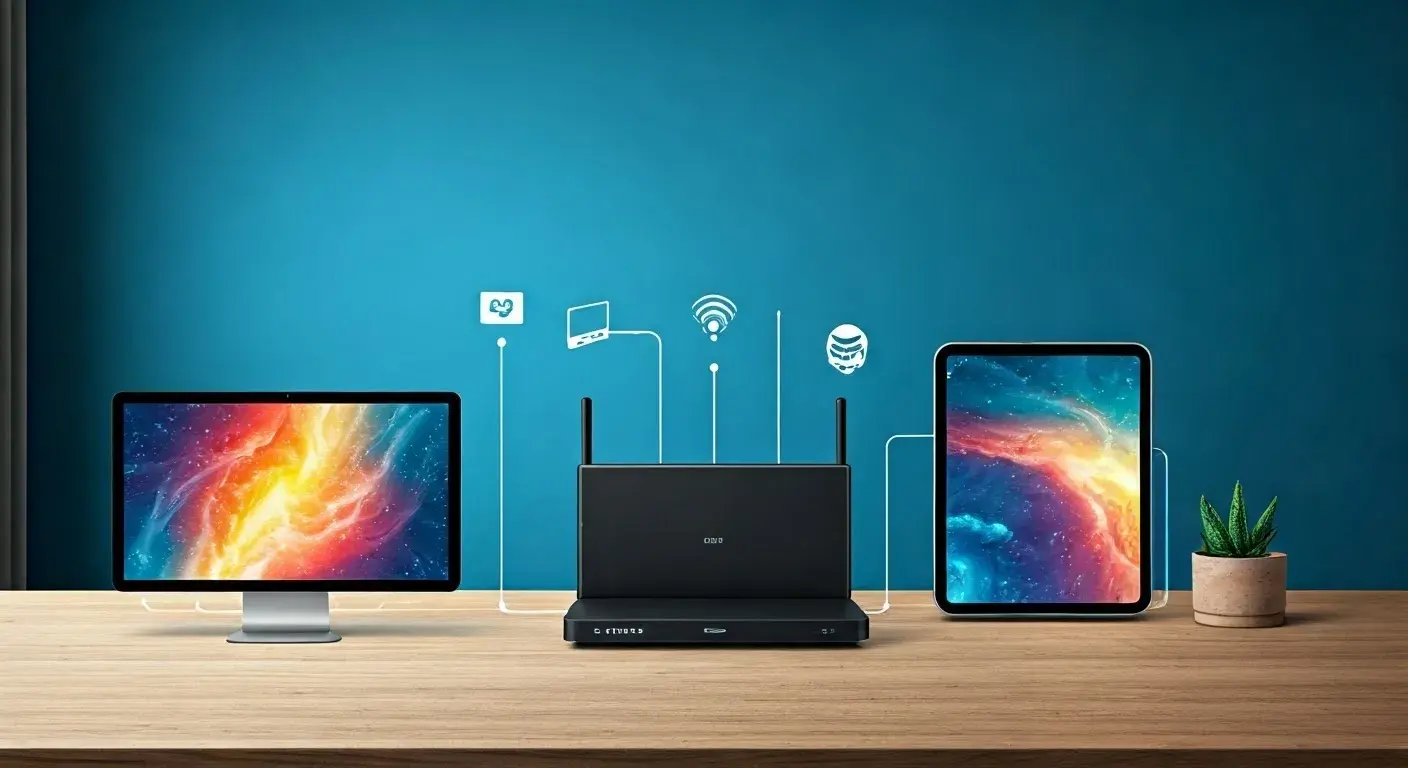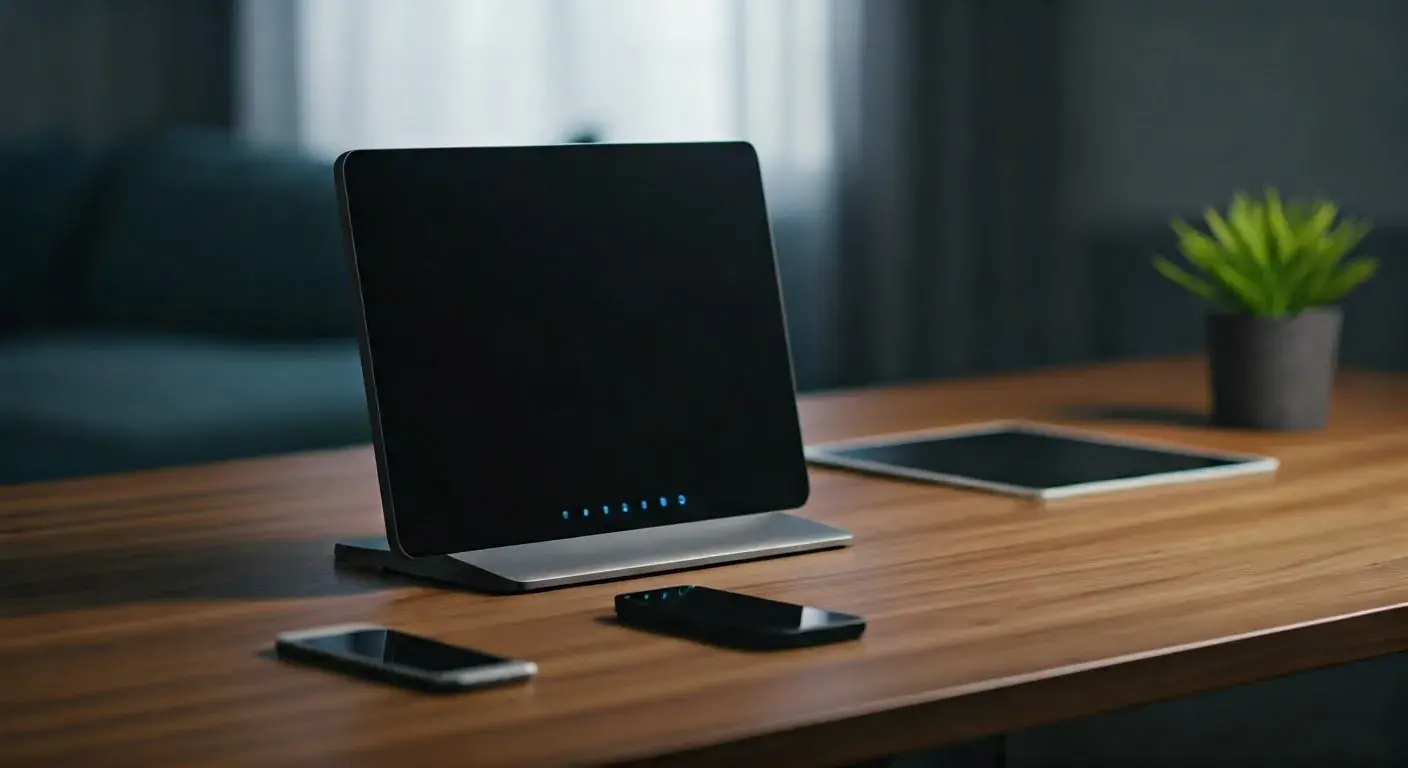Why is DirecTV blocking CBS?

This problem impacts satellite TV internet service providers and their connection with broadcasters like CBS, where one of the biggest satellite TV providers in the United States, DirecTV, is in conflict over retransmission costs. This implies that when the new season for programs started, DirecTV users all over could not access their local CBS station via satellite on July 20th. Who and why would a TV company choose to let millions of its viewers down and block one of the most-watched channels? Allow me to dissect it here.
What are the Retransmission Fees?
In question are the fees that CBS demands from pay-TV providers, including DirecTV, for the retransmission of the broadcaster’s signal. Even well-known companies such as CBS do not require the viewers to pay for the content and let them watch free over-the-air TV channels with the help of an antenna. However, they do require cable, satellite, and streaming providers to pay such additional fees to redistribute their networks into channel packages. With more people cutting the cord from traditional pay TV, CBS seeks to raise these per-subscriber revenues to offset the loss. These increases in rates these satellite TV service providers want are considered unreasonable by DirecTV.
See page 32. Paper title: Rising Costs in the Pay TV Industry.
However, blocking a major network must be effective in helping DirecTV gain bargaining power during these contract disputes, as it is slightly frustrating for the subscribers. Pay TV providers grumble that the expense for the rights to broadcast and relay popular terrestrial and cable TV stations, especially the sports channels in the case of the UK, is escalating at a faster pace than they can recover through fare increases. Spectrum usage is also increasing as is churn, which means that providers are left with fewer customers through which to spread these rising programming costs. Standing against yet another price hike for CBS may help DirecTV avoid more losses as consumers shift to other television service providers.
The Impression of Pride?
From CBS’s point of view, they are the most watched broadcast network currently with a programming inventory that can’t be missing in anyone’s house such as NFL matches, the NCAA tournament March Madness, Late Show, 60 Minutes, and the number one scripted drama NCIS. The broadcaster probably expects a significant annual increase in pay-TV operators’ revenues to reflect the same trend. However, given that television audiences are now spread across a myriad of channels, is any single network worth an even larger hike in fees? Maybe not if it costs the distribution channel millions of homes. The strategy of Direct TV is to be willing to sacrifice CBS at some time of the year to avoid an annual charge to an average customer.
Will One Side Cave?
This public game of chicken is not a new situation that has occurred just once, it has happened several times in the past. What frequently transpires is that after weeks or months of not having the channel from the blacked-out broadcaster, the pay TV provider caves in and agrees to pay the increased fee, and the channel is then put back on before a major event whose absence the customers would start complaining of not being able to watch – like the NFL season opening. Executives or investors do not wish to endure the consequences of blame and customers’ anger for having incomplete channel bundles for a long time. CBS probably prefers wider coverage rather than a minimal loss of expected revenue, whereas DirecTV can afford subscriber losses due to the dispute at most, possibly affecting its financial results.
But then what are the Alternatives for Viewers?
The only option here for most people is to somehow re-subscribe to a different cable or satellite provider just to get back one local channel. Non-satellite viewers can watch CBS the traditional way, through an over-the-air or OTA antenna, although with an interrupted signal. Some of the other online streaming services, such as YouTube TV, Hulu Live, and Sling TV, list some CBS stations but do not necessarily include all CBS stations across the country like most cable or satellite providers do. And what about your streaming service bought by CBS, Paramount+, which intentionally does not include local live channels that you can get with an antenna for free? This makes holdouts forgo their local live newscasts and NFL games all fall.
When will it be resolved?
Before the year 2007, which could be any time before the start of the NFL regular season, which begins on the 7th of September. Such disgruntled football viewers might end their satellite subscription service and seek more capable replacements that could bring live games. But if millions of subscribers switch over to other systems during a long-term conflict, DirecTV, as well as the parent company AT&T, will have to bear the financial shocks. CBS still has the upper hand in these negotiations, where it holds must-watch programs that the viewers cannot afford to switch off. When executives put the revenues from those lost viewership subscriptions against the PR fiasco and customer attrition, then DirecTV will, undoubtedly, have to accept some form of rate adjustment to bring back their CBS channels. But the outcome of the negotiations is still pending, so keep watching!
Upgrade to faster, more reliable AT&T Fiber Internet today! Call us at +1 844-905-5002 and get connected with speeds that keep you ahead.





